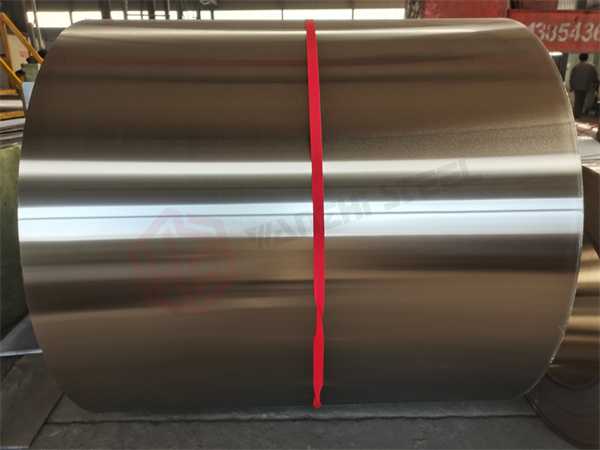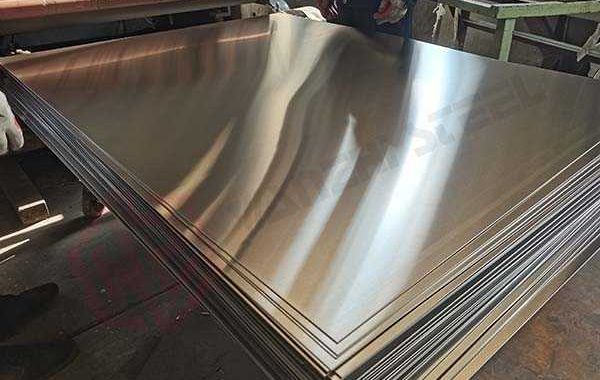Stainless steel is a type of steel alloy that contains a minimum of 10.5% chromium content by mass. Chromium is the element that provides the steel with its corrosion-resistant properties. In addition to chromium, stainless steel can also contain other elements such as nickel, molybdenum, titanium, and copper, which enhance its performance properties for specific applications.

Here are some key points about stainless steel:
Corrosion Resistance: The chromium content in stainless steel forms a thin, invisible, passive oxide film on the surface that prevents corrosion by oxygen and water. This oxide film reforms if damaged, providing continuous protection.
Types: There are several types of stainless steel, including austenitic (most common, non-magnetic, contains nickel), martensitic (magnetic, contains less nickel), ferritic (magnetic, contains no nickel), and duplex (combination of austenitic and ferritic properties).
Applications: Stainless steel is widely used in many industries due to its corrosion resistance, strength, and durability. Common applications include kitchen utensils, surgical instruments, cutlery, automotive parts, building materials, chemical containers, and industrial equipment.
Appearance: Stainless steel can be polished to a high gloss or finished in a brushed or matte texture. It is also available in various colors through surface treatments or coatings.
Maintenance: Stainless steel is easy to clean and maintain. It is resistant to staining and discoloration and does not require painting or coating.
Recyclability: Stainless steel is 100% recyclable, and recycling stainless steel reduces energy consumption and environmental impact compared to producing new steel from virgin materials.
Cost: The cost of stainless steel depends on the grade, alloy composition, thickness, and surface finish. Higher grades and more specialized alloys tend to be more expensive.
When selecting stainless steel for a specific application, it is important to consider the required corrosion resistance, strength, and other performance properties as well as the cost and availability of the material.








